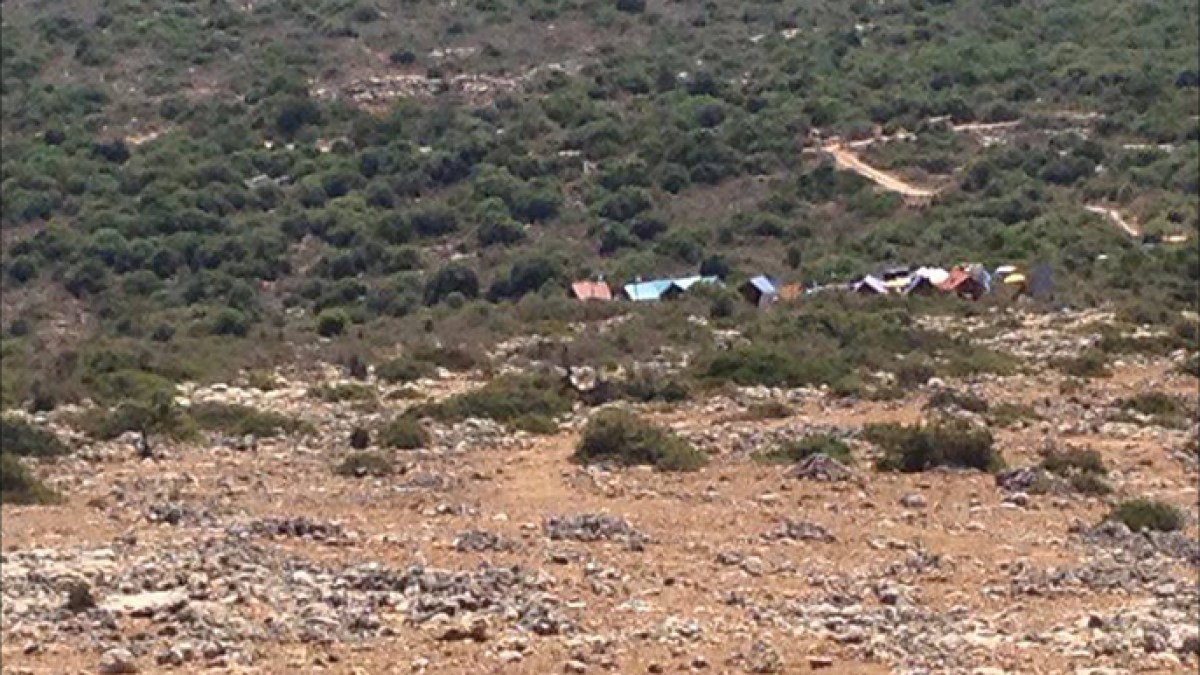The Palestinian Foreign Ministry said on Tuesday that armed settlers have established a new outpost in the northern West Bank, a day after extremist settlers re-established a religious school in the outpost of Homesh on the lands of the village of Burqa, northwest of the northern West Bank city of Nablus.
The Palestinian Foreign Ministry said in a statement that armed settlers set up a number of tents in preparation for the establishment of a new settlement outpost on Palestinian land in the town of "Deir Istiya" in Salfit governorate.
The ministry considered that the settlement expansion "is a translation of an official Israeli policy that is racing against time to implement the largest possible number of expansionist settlement projects with the aim of resolving the future of the West Bank in favor of the occupation."
The Palestinian Foreign Ministry accused the Israeli government of relying on resolving the crises of its ruling coalition at the expense of the Palestinian people and their rights, by freeing the settlers, "in a dangerous escalation to control Jerusalem and the entire West Bank."
The ministry called on the international community and the International Criminal Court to shoulder their responsibilities towards the crime of settlements and its repercussions and to hold the occupying power accountable for it, according to the statement.
Homeish outpost
The Palestinian Foreign Ministry statement came a day after settlers on Monday began placing caravans at the site of the former settlement outpost, which was vacated by the Israeli occupation army in 2005, which means an attempt to revive the outpost.
Israeli media reported that the move was approved by Israel's defense and finance ministers, despite criticism from security chiefs.
Official Palestinian sources denounced efforts to revive the Homesh outpost as an attempt to carry out a silent annexation of the West Bank.
Israel's left-wing non-governmental Peace Now movement says on its website that more than 465,132 settlers live in 146 settlements and <> informal outposts built on West Bank land.
According to the same Israeli organization, these figures do not include the 230,14 settlers living in <> settlements built on East Jerusalem land.

